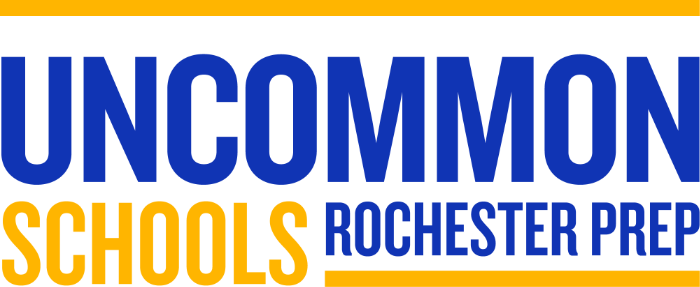Une école à charte est une école publique indépendante qui bénéficie d'une plus grande flexibilité dans son fonctionnement, en échange d'une plus grande responsabilité en matière de performance. La "charte" établissant chaque école est un contrat de performance détaillant la mission de l'école, son programme, les élèves desservis, les objectifs de performance et les méthodes d'évaluation.
Questions fréquemment posées sur les écoles publiques à charte
Les écoles à charte sont des écoles publiques de choix, ce qui signifie que les familles les choisissent pour leurs enfants. Elles fonctionnent sans être soumises à certaines des réglementations imposées aux écoles de district. Les écoles à charte sont responsables des résultats scolaires et du respect des promesses faites dans leur charte. Elles doivent faire preuve de performance dans les domaines de la réussite scolaire, de la gestion financière et de la stabilité organisationnelle. Si une école à charte n'atteint pas les objectifs de performance, elle peut être fermée.
Les écoles à charte peuvent varier considérablement dans leur conception et dans leurs résultats. Uncommon Schools crée des écoles basées sur les principes et les pratiques qui se sont avérés efficaces pour produire des gains académiques significatifs dans les écoles publiques urbaines à charte très performantes à travers le pays.
Questions fréquemment posées sur les Uncommon Schools
Les écoles Uncommon partagent les attributs clés suivants : une mission de préparation à l'université ; des normes élevées en matière d'enseignement et de caractère ; un environnement d'apprentissage très structuré ; une journée et une année scolaires plus longues ; une attention particulière portée à la responsabilité et à l'enseignement fondé sur des données ; et un corps professoral composé de dirigeants et d'enseignants dévoués et talentueux. Les écoles du réseau Uncommon s'inspirent de certaines des écoles publiques urbaines à charte les plus performantes du pays.
Chaque école admet des étudiants par le biais d'une loterie aléatoire. Pour en savoir plus, voir notre page Inscription.
Bien que l'État de New York n'exige pas que 100% des enseignants soient certifiés dans chaque école à charte, la législation "No Child Left Behind" exige que les enseignants obtiennent leur licence dans un délai raisonnable ; Uncommon Schools veille à ce que ses enseignants soient inscrits à un programme de maîtrise qui fournit une certification provisoire et, plus important encore, une formation de haute qualité.
